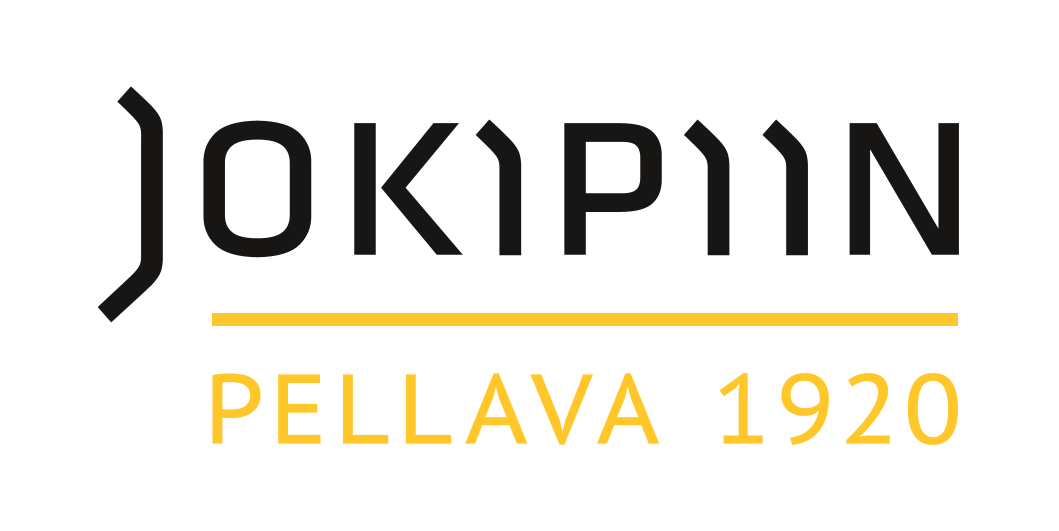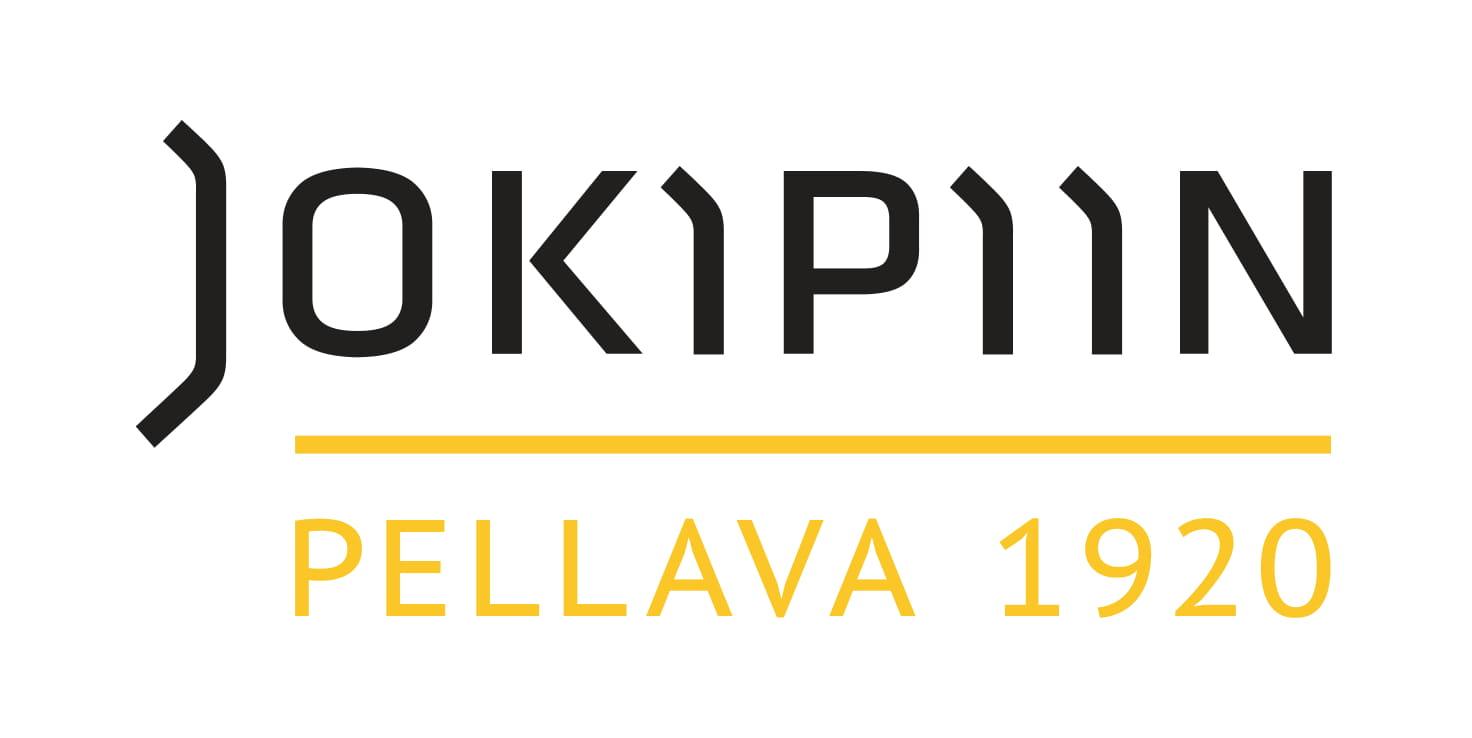Responsibility
The Ostrobothnians are often characterised as thrifty. And we can admit that we have always been thrifty. For us, it is a familiar, everyday way to operate that characterises everything we do.
Thriftiness has often been seen as something negative, but in the modern world, it can be seen as a virtue. The modern-language synonyms of thrifty could be ecological and responsible.
The Ostrobothnians are often characterised as thrifty. And we can admit that we have always been thrifty. For us, it is a familiar, everyday way to operate that characterises everything we do.
Thriftiness has often been seen as something negative, but in the modern world, it can be seen as a virtue. The modern-language synonyms of thrifty could be ecological and responsible.
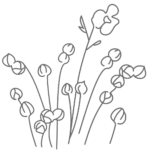
Raw materials
Linen, cotton and wool are the raw materials used for our products Our linen and cotton yarn comes from Western European farms. This way, we can reliably trace the origin of the raw materials and make sure that their cultivation and manufacturing processes are natural. Linen is the most ecological material – it only needs rainwater to grow and the cultivation binds 250,000 tonnes of carbon dioxide emissions per year in Europe.
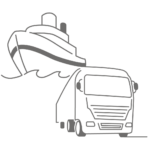
Transportation
Our raw material deliveries are designed in such a way that the carbon dioxide emissions caused by transportation are minimised. The raw materials are delivered in large batches, containing supplies for 2–3 months at a time. We seek to cooperate with local suppliers and subcontractors as much as possible to keep the emissions low.
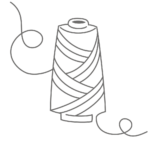
Safe textile
Our yarns are coloured in the EU area All of the linen and cotton yarns we use are OEKO-TEX®-certified, which guarantees product safety. No chemicals are added in our products during the manufacturing process. Only hot steam is used in the finalisation process of linen fabric to guarantee its smoothness.

Minimising waste
Because we use highly valuable materials for our products, we want to ensure that no material is wasted in any of the stages of the manufacturing process. The products are designed and manufactured in such a way that all of the weaved material can be completely utilised. We manufacture products according to demand, meaning that no material is wasted and there is no need to store excess materials. We also make small batches of unique OmaDesign products for our business customers.

Packaging materials and recycling
The gift packages we use are reusable and recyclable corrugated cardboard packages. We also reuse all of the packaging boxes in which our raw materials arrive to our factory. All of the cardboard that cannot be reused is appropriately recycled. All of the clear plastic wrap around the raw material pallets is also collected and recycled with plastics.
Because of the efficient use and recycling of packaging materials, our factory generates very little residual waste. The amount of residual waste generated by our entire factory corresponds with the average amount of waste generated by a family of four (approx. 800 kg/year).

Electricity and water consumption
During the production process, the heat generated by electric engines is transferred to the production facilities with no heat generated by machines. One of our three production halls is heated almost completely with waste heat produced by air compressors, while electric engines are used to heat the rest of our production facilities.

Linen product in use
According to studies, how long a product is used for is the most important aspect from the point of view of the product’s ecological footprint. When cared for appropriately, our linen products last for decades and can be passed on to the next generation.
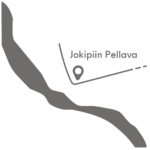
Social responsibility
Our textile factory is located in the Jokipii village of Jalasjärvi, where we manufacture all of our linen products from ready-made yard into the well-known and loved products of Jokipiin Pellava. Jokipiin Pellava is also an important part of the village community and landscape of Jokipii. We are also an important employer in Jalasjärvi. At no point have we even considered moving our production anywhere else.
